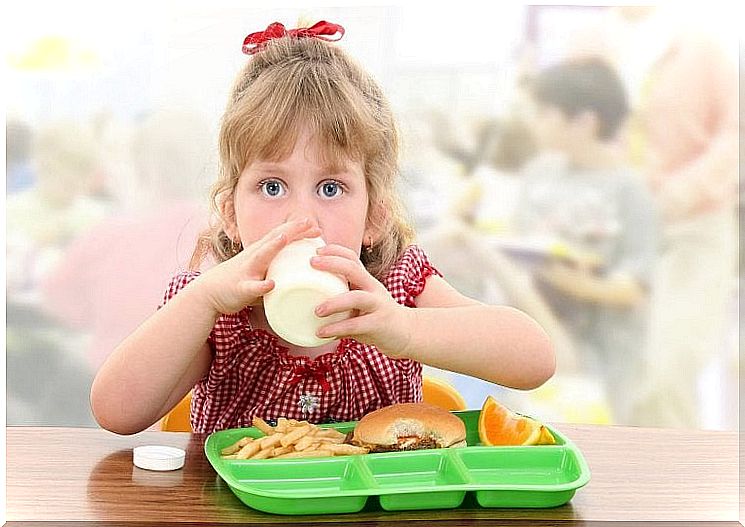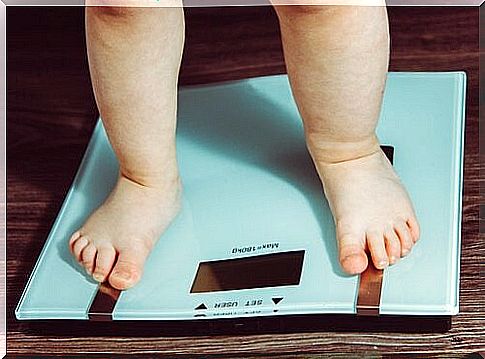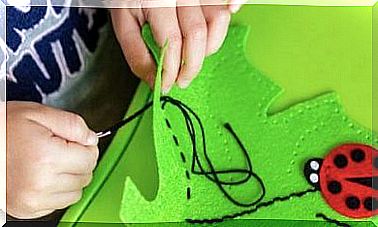The Consequences Of Poor Child Nutrition

The consequences of poor child nutrition are serious illnesses with harmful and lasting consequences.
A balanced diet is part of a healthy lifestyle and reduces the risk of illness in later life.
Prevention instead of aftercare: Avoiding the consequences of poor child nutrition
Doctors agree that prevention is better than aftercare. A balanced diet in childhood that covers all food groups can offer lifelong protection against certain ailments.
On the other hand, the consequences of poor child nutrition , which was taken over by parents in early childhood, can persist for a lifetime.
When children refuse to eat fruits, vegetables, or fish, parents should look for other ways to include these foods in their diet.
A healthy, balanced and varied diet in the first few years of life affects our metabolism as adults.
Slowed development, poor concentration and tiredness are just some of the consequences of poor child nutrition. For example, children who are not getting the right nutrients often have greater problems reading or studying.
Malnourished children often have skin and hair problems. Visual disturbances and retarded mental and physical development are often the result of nutritional deficiencies and frequent outbreaks of illness.
Overweight or underweight
Regardless of whether children eat too much or too little, the consequences of poor child nutrition can be felt throughout the body.
One of the consequences of poor child nutrition can be severe overweight or underweight. Other consequences that often occur later in life include high blood pressure, osteoporosis, kidney disease, and heart disease.
High cholesterol and certain types of cancer are also more common in people with poor diets.

Iron deficiency
Iron deficiency is a nutritional deficiency that can lead to anemia. The effects on children’s intellectual development are irreversible. It restricts the ability to analyze and understand and impairs intelligence.
Muscle weakness
Muscle weakness or myasthenia is also one of the consequences of poor child nutrition. Children with this condition can be lethargic and pale, stop growing early, and cry frequently.
Poor physical fitness and poor school grades are other effects. Babies with poor muscle growth tend to start walking late.
Obesity in Children
Rapid weight gain in children makes exercise and play difficult for them. It can also cause hormonal imbalances, diabetes, high cholesterol, bone disease, respiratory complications, and liver disease.
Lack of parental control over children’s diet is one of the causes of malnutrition in children.
When children enjoy a lot of packaged ready meals, processed meat, fatty fast food, lemonade, candy and fried goodies, the consequences are quickly visible.
Excess carbohydrates, protein, or fat in a child’s diet can also lead to health problems. Finding the right balance is crucial.
Protein: excess or deficiency?
Protein is essential for the growth of muscle fibers. But in excess, protein can overload the kidneys and liver. These are responsible for eliminating toxins from the body.
When the body has difficulty clearing the waste, excess calcium can build up. This leads to painful kidney stones. Too much calcium can also inhibit the absorption of other minerals from our diet.
However, a lack of protein can cause other problems such as fatigue, muscle atrophy, fatigue, weakness and fatigue.
Carbohydrates: too much or too little?
In childhood, excessive carbohydrate intake can cause diabetes and heart disease in addition to obesity. Too much sugar (sugar is also a carbohydrate) also causes tooth decay, mood swings, difficulty concentrating and hyperactivity.
On the other hand , without enough carbohydrates, children can feel tired and exhausted. Carbohydrates are fuel for our body: the right amount gives us the energy we need.

Fat: the right type and amount
Too much fat in the diet can lead to weight gain. However, a lack of essential fats can cause deficiencies in vitamins A, D, E and K, irritability, poor concentration and fatigue.
Vitamin deficiency also leads to thyroid problems, fatigue, anemia, scurvy and rickets. Parents should watch out for symptoms such as fatigue, cramps, headaches, mood swings, and a decrease in mental performance.
The consequences of poor diet in children can last a lifetime. A varied and balanced diet is the key to a long and healthy life.
While getting children to eat nutrient-rich foods from different food groups can be difficult, it is essential to their development.









